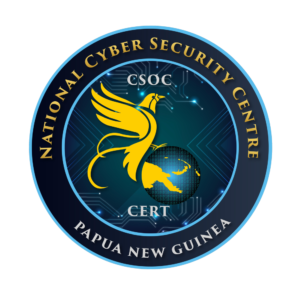When sharing files with friends and colleagues using the internet, take precautions to ensure files are not infected.
When sharing files with friends and colleagues using the internet, email, CDs or memory sticks, activate your security software (firewall and anti-virus) and scan files to make sure they are not infected.
Do not assume that because a file was sent or given to you by someone you know, it is safe. Plugging in a removable device can infect your computer if it is not protected.
When sharing files with friends and colleagues using the internet, take precautions to ensure files are not infected.
Simple actions can help protect you when sending and receiving emails.
When sending and receiving files via email, remember the following:
-
Never open an attachment from a source you do not know or are unsure about.
-
Even if you are comfortable about the source of the file, scan it before opening using your anti-virus software.
-
Set your anti-virus software to scan every incoming and outgoing email and attachment automatically.
When sharing files with friends and colleagues using the internet, take precautions to ensure files are not infected.
When using portable storage devices, simple actions can help you keep your data safe.
Portable storage includes CDs, DVDs, memory sticks or external hard-drives. When using these devices:
-
Never connect or insert a storage device into your computer or open files if you are unsure of its origin or owner, or if your anti-virus software is not up-to-date.
-
Scan your device before opening any files using your anti-virus software.
-
If you are sending files to someone else, save the file to the portable device, then scan the device using your anti-virus software before giving it to them.
When sharing files with friends and colleagues using the internet, take precautions to ensure files are not infected.
Using peer to peer file sharing networks has some inherent risks. Simple precautions can help keep your devices and data safe.
Peer to peer file-sharing is a system that allows a person to make specific files on their computer available to anyone, anywhere on the internet, who has the same file-sharing software. This software allows its network of users to see and download files from the computers of all the network members who are online at the same time.
Peer to peer file-sharing has received a lot of publicity because it is widely used for sharing files such as music or computer software.
Be careful – sharing some files may contravene copyright laws.
Only join music and movie file-sharing services where you can stream, download or purchase digital files with the copyright owner’s permission. It’s important to keep your file-sharing legal. Downloading copyrighted music, movies and software using peer to peer file-sharing programs without the copyright owner’s permission could have serious legal implications.
Stop and think before downloading files through these networks. Don’t download files from sources that appear suspect or that you aren’t sure you trust.
Make sure the peer to peer file-sharing network can only access the files on your computer that you want accessed.
Users of peer to peer file-sharing software should also be aware they may not be anonymous while participating in these networks.
Parents should be aware that peer to peer file-sharing networks may contain inappropriate images, audio and video clips, and should monitor their children’s access to, and use of such networks.
Consider using a dedicated computer for file-sharing.
Due to the heightened security risks associated with participating in peer to peer file-sharing networks, you may want to consider dedicating a computer solely to file-sharing activities. In this case, you should:
-
Only use this computer for file-sharing, and only have files on it that you are prepared for others to see.
-
Ensure that all the security software and measures mentioned in this website are installed, activated and kept up-to-date, for example, anti-virus and firewalls.
-
Always disconnect this computer from the internet once you have finished file-sharing.
-
Never have this computer connected to other computers in your home or office when sharing files on the peer to peer file-sharing network.
-
Always scan files downloaded and stored on the dedicated computer before transferring them to other computers in your home or office.



